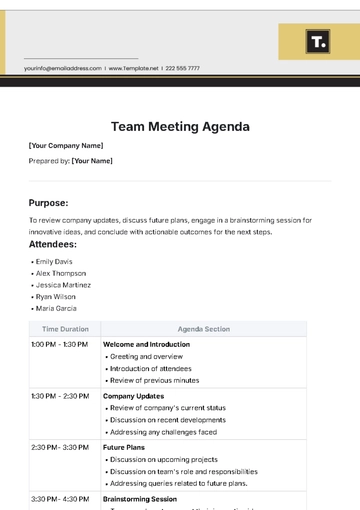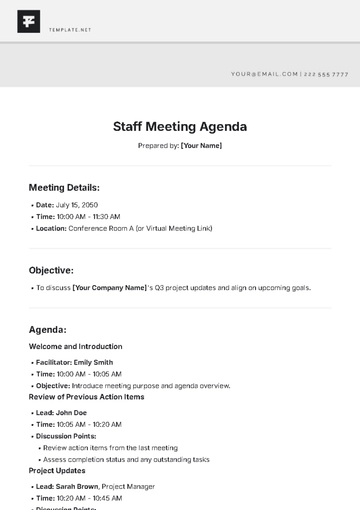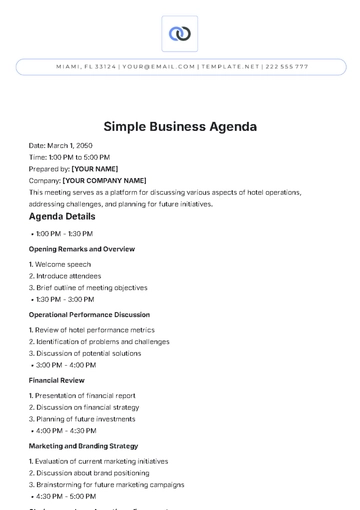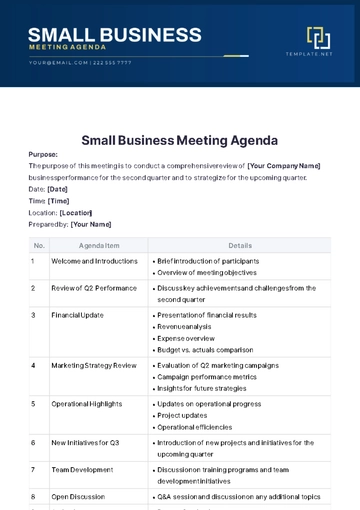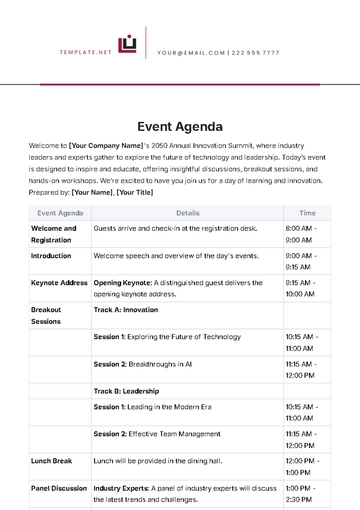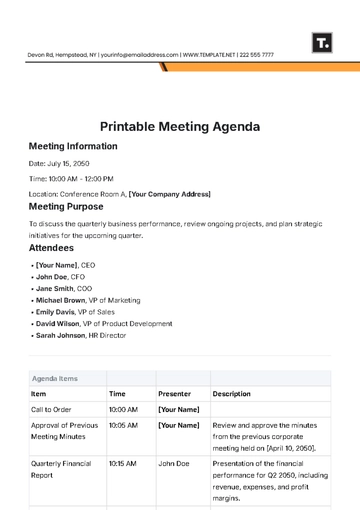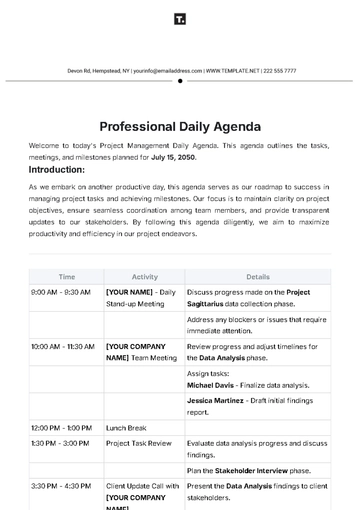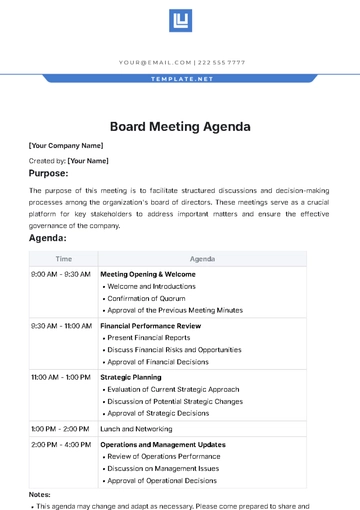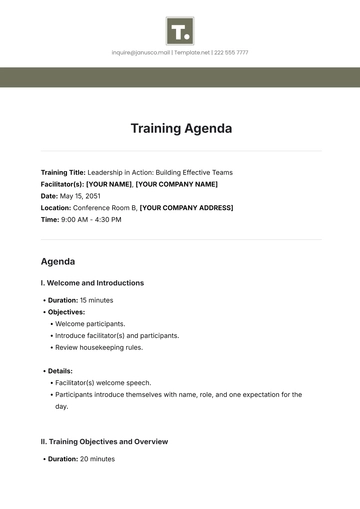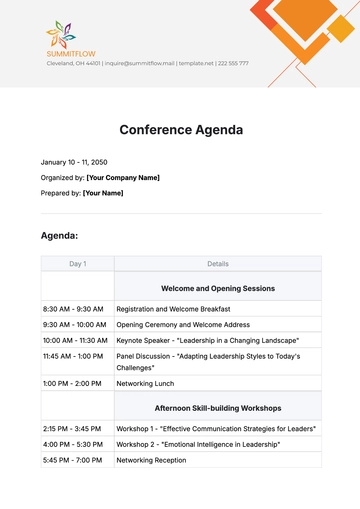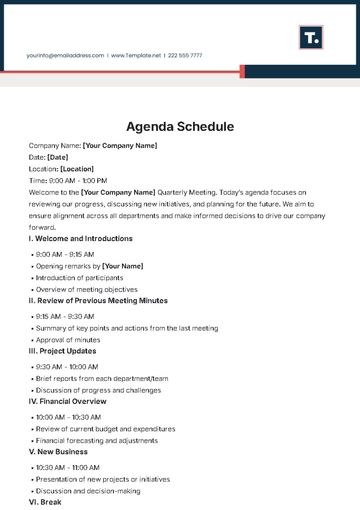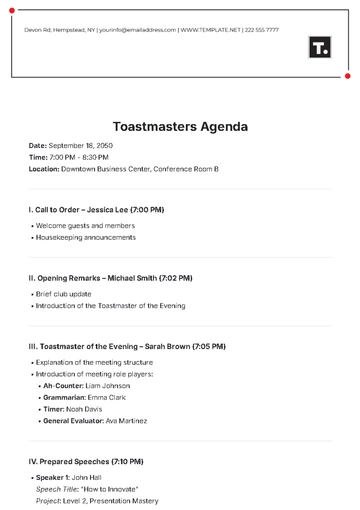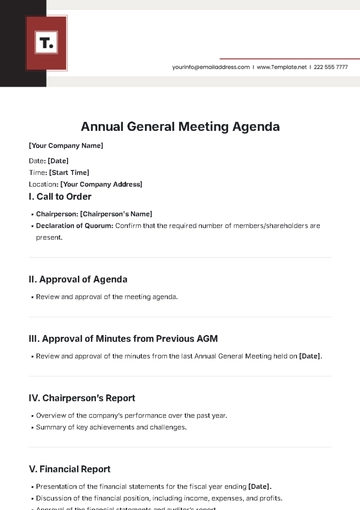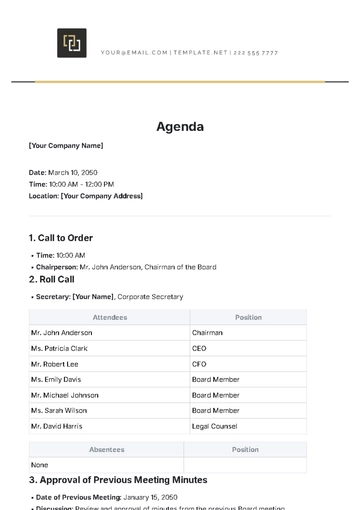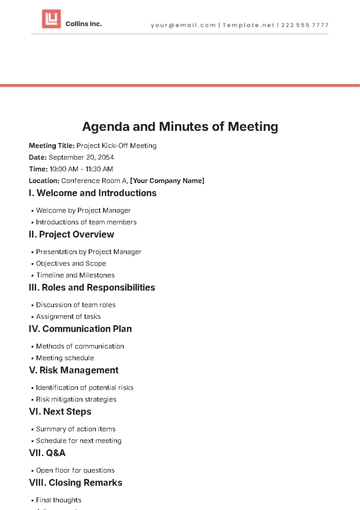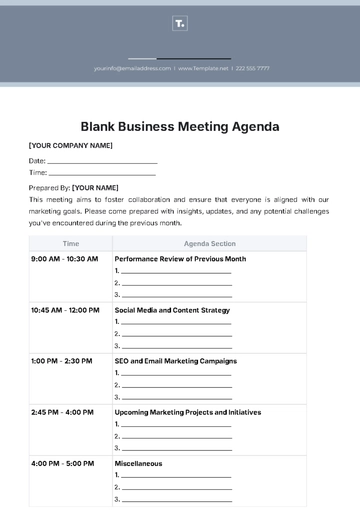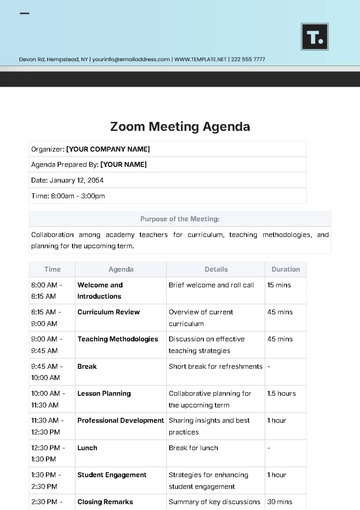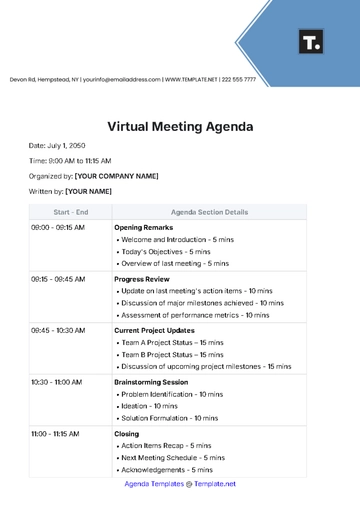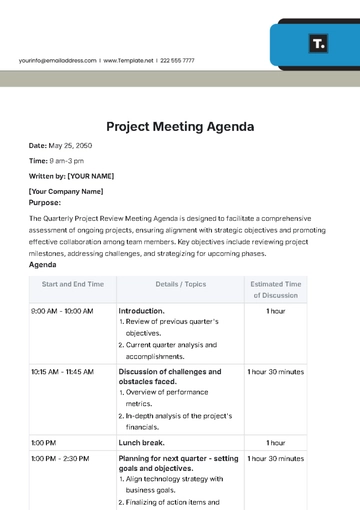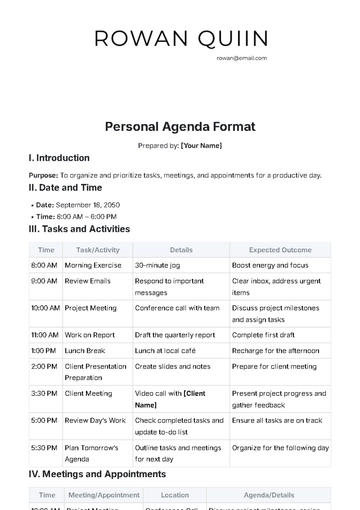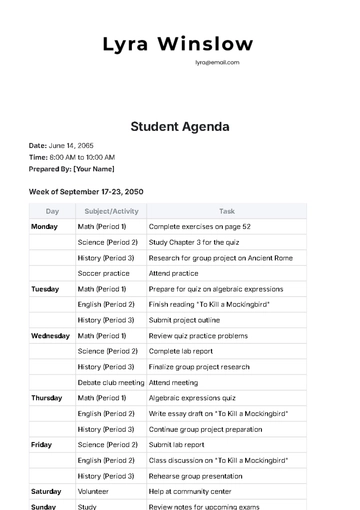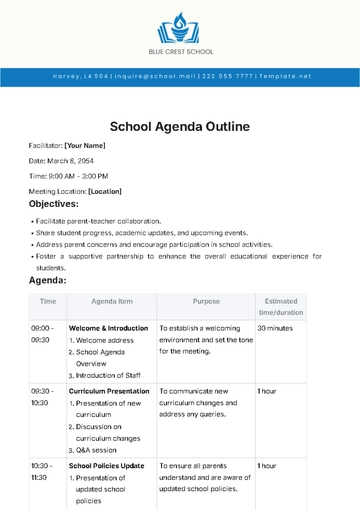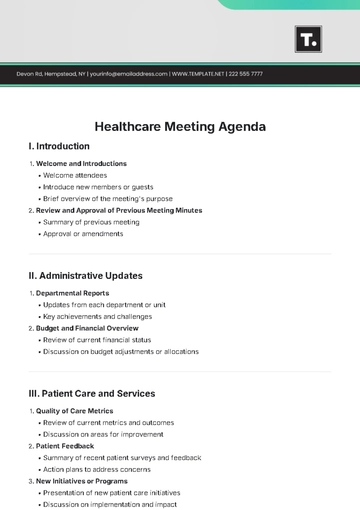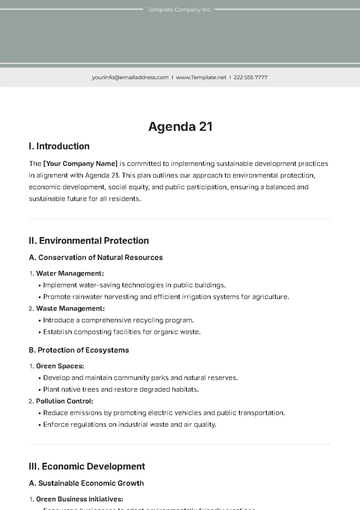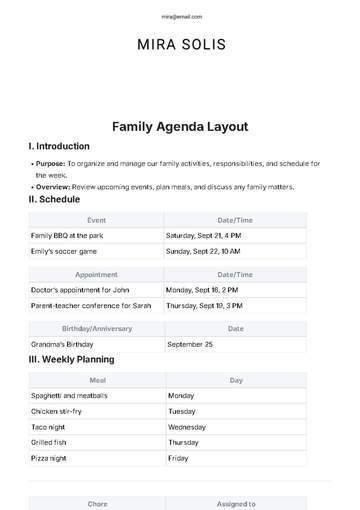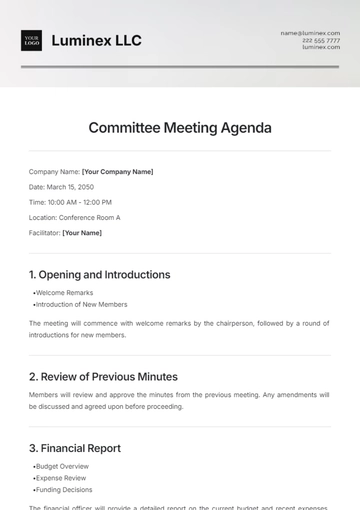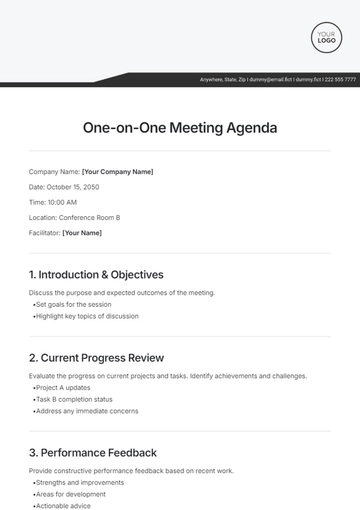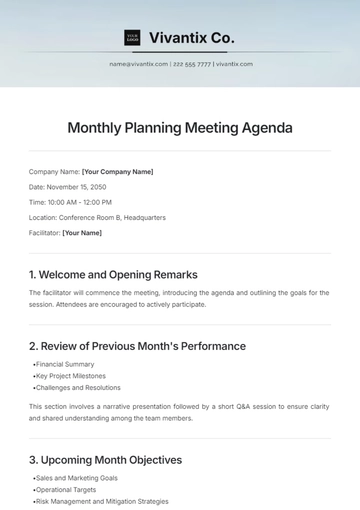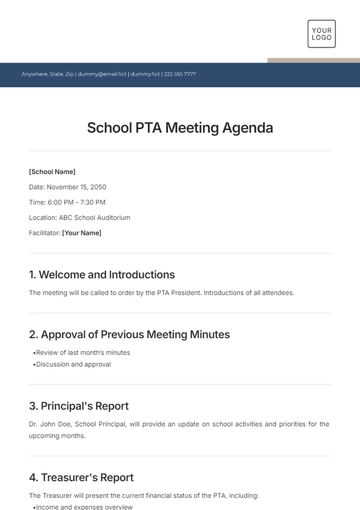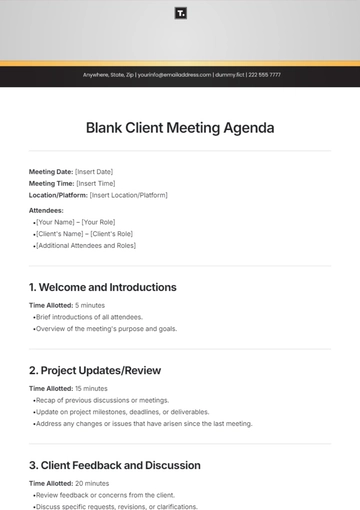Free Agenda 21 Summary
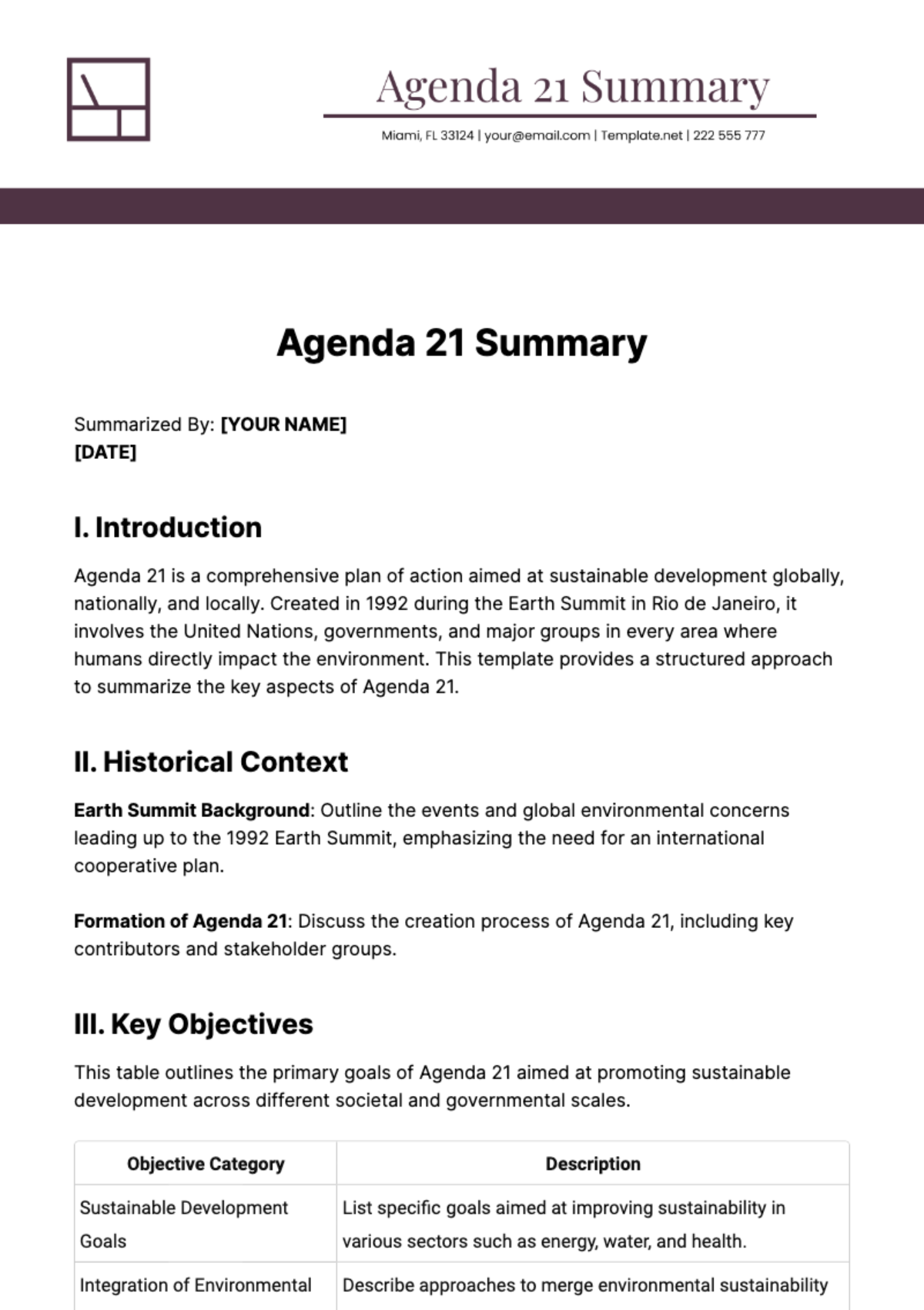
Summarized By: [YOUR NAME]
[DATE]
I. Introduction
Agenda 21 is a comprehensive plan of action aimed at sustainable development globally, nationally, and locally. Created in 1992 during the Earth Summit in Rio de Janeiro, it involves the United Nations, governments, and major groups in every area where humans directly impact the environment. This template provides a structured approach to summarize the key aspects of Agenda 21.
II. Historical Context
Earth Summit Background: Outline the events and global environmental concerns leading up to the 1992 Earth Summit, emphasizing the need for an international cooperative plan.
Formation of Agenda 21: Discuss the creation process of Agenda 21, including key contributors and stakeholder groups.
III. Key Objectives
This table outlines the primary goals of Agenda 21 aimed at promoting sustainable development across different societal and governmental scales.
Objective Category | Description |
Sustainable Development Goals | List specific goals aimed at improving sustainability in various sectors such as energy, water, and health. |
Integration of Environmental and Economic Policies | Describe approaches to merge environmental sustainability with economic growth strategies. |
IV. Structure and Content
Section Overview: Summarize each of the four sections of Agenda 21:
Social and Economic Dimensions: Addressing poverty, health, and housing.
Conservation and Management of Resources for Development: Focus on managing natural resources and combating pollution.
Strengthening the Role of Major Groups: Outline the roles of various societal groups in implementing sustainable practices.
Means of Implementation: Financial resources, technology transfer, and international institutions.
V. Implementation Strategies
This section is structured into a table to detail the roles and actions of various stakeholders in the implementation of Agenda 21.
Stakeholder | Role and Actions |
Local Governments | Implement Local Agenda 21 initiatives focusing on community-specific sustainable practices. |
National Governments | Enact policies and provide resources to support the objectives of Agenda 21 on a national scale. |
Major Groups (NGOs, Businesses, etc.) | Participate in and support the execution of Agenda 21 through partnerships, funding, and programs. |
VI. Progress and Challenges
Successes to Date: Highlight successful initiatives and case studies where Agenda 21 principles have been effectively implemented.
Ongoing Challenges: Identify the main obstacles in fulfilling the Agenda 21 objectives, including political, economic, and social factors.
VII. Future Prospects
Updates and Revisions: Discuss any significant updates or revisions to Agenda 21, such as those adopted in subsequent international meetings like the Johannesburg Summit in 2002.
Continued Action: Outline the necessary steps for continued progress and how new challenges such as climate change are being integrated into the sustainable development agenda.
VIII. Conclusion
Summarize the impact of Agenda 21 on global sustainable development efforts and the importance of ongoing international cooperation and local action to achieve the outlined objectives.
- 100% Customizable, free editor
- Access 1 Million+ Templates, photo’s & graphics
- Download or share as a template
- Click and replace photos, graphics, text, backgrounds
- Resize, crop, AI write & more
- Access advanced editor
Introducing the Agenda 21 Summary Template from Template.net: your ultimate tool for streamlined organization. Crafted with precision, this editable and customizable template ensures seamless adaptation to your unique requirements. Effortlessly tailor content with our Ai Editor Tool, maximizing efficiency and clarity in summarizing critical agendas. Elevate your documentation process today
